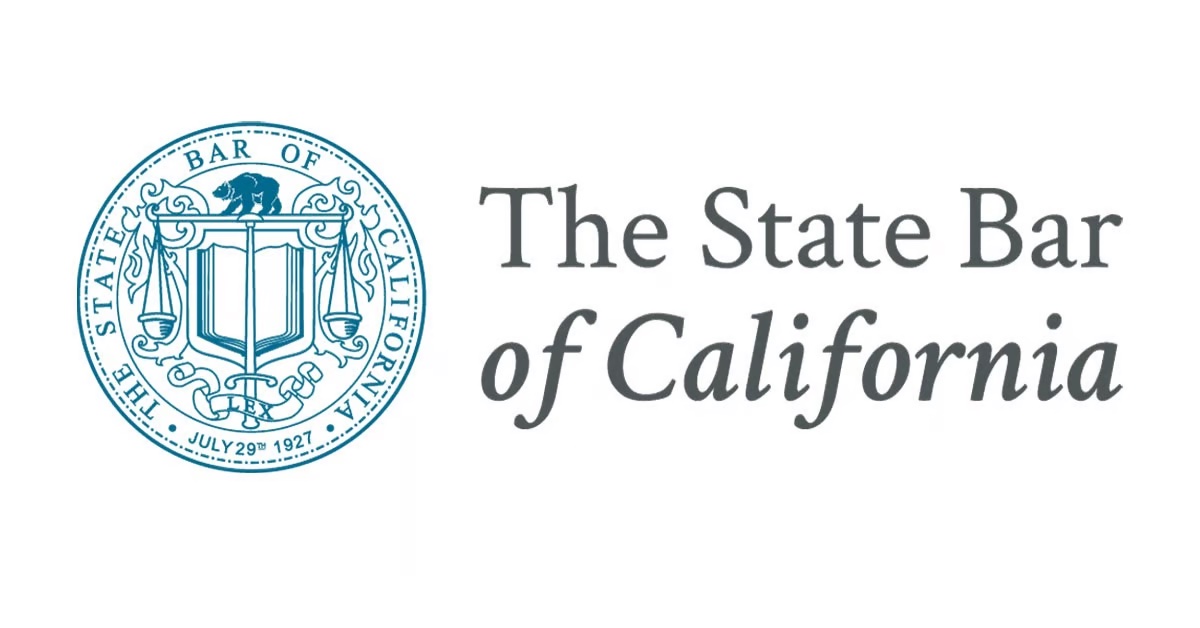and Probate Law Firm
Living Trusts and Privacy
As an experienced Folsom estate planning lawyer, I have seen the living trust become the predominant estate planning tool for clients. In yesteryear wills were more popular but that has now changed. A living trust, also known as a revocable living trust, can offer privacy advantages compared to a will in estate planning. However, it’s important to understand the extent of privacy that a living trust can provide and the factors involved:
1. Avoiding Probate: One of the primary reasons people create living trusts is to avoid the probate process. Probate is a legal process in which a court oversees the distribution of assets according to a will or state intestacy laws if there is no will. Probate proceedings are typically public, and the details of the estate, including assets, debts, beneficiaries, and their inheritances, become part of the public record.
2. Privacy Benefits of a Living Trust:
- Confidentiality: Living trusts do not go through the probate process. This means that the details of your estate, including the specific assets, beneficiaries, and how they inherit, can remain private. This confidentiality can help protect your family’s financial privacy and may prevent potential challenges to the estate.
- Avoiding Public Scrutiny: Wills submitted for probate are subject to public scrutiny and can be accessed by anyone who wants to view the court records. A living trust allows your estate to be administered without public disclosure.
3. Limitations on Privacy:
- Disclosure to Beneficiaries: While living trusts can provide privacy from the general public, beneficiaries of the trust are typically entitled to information about the trust’s assets and administration. Trustees are generally obligated to provide beneficiaries with information about the trust’s financial activities and their interests.
- Estate Tax Filings: Certain trust-related filings, such as estate tax returns, may become a matter of public record, so some information may not remain entirely private.
4. Flexibility in Privacy Management:
- Some living trust documents can be designed to provide more or less privacy, depending on your preferences. You can specify the extent to which beneficiaries are informed or grant more discretion to the trustee regarding disclosure.
5. Ancillary Documents:
- Along with your living trust, you may also need to create other estate planning documents, such as a pour-over will and durable power of attorney, to address any assets or situations that the trust does not cover. These documents can also influence the privacy aspects of your estate plan.
6. Disclosure to Trustees and Successor Trustees:
- While the details of the trust may be kept private from the general public, it is essential for trustees and successor trustees to be aware of the trust’s existence, terms, and assets, to ensure effective administration.
7. Naming Conventions
- While most trusts are named with the individual’s name and date, such as the John Smith Living Trust dated XXX, XX, 20XX, the trust can be given a private name to conceal the trust creator’s name.
Conclusion
A living trust can offer privacy benefits, but it is crucial to balance these advantages with other estate planning considerations. Discuss your specific goals and concerns with an experienced Folsom estate planning attorney who can help you design a plan that aligns with your wishes, provides privacy where desired, and addresses other critical aspects of estate planning. If you have any questions about living trusts and privacy, contact Thapar Law at 916-579-0605 or send us a message.







